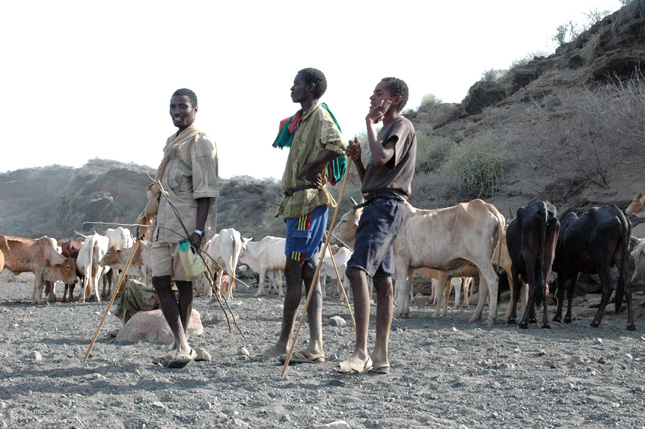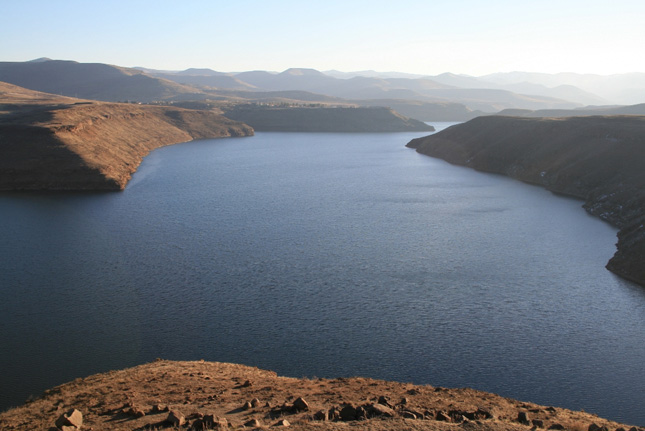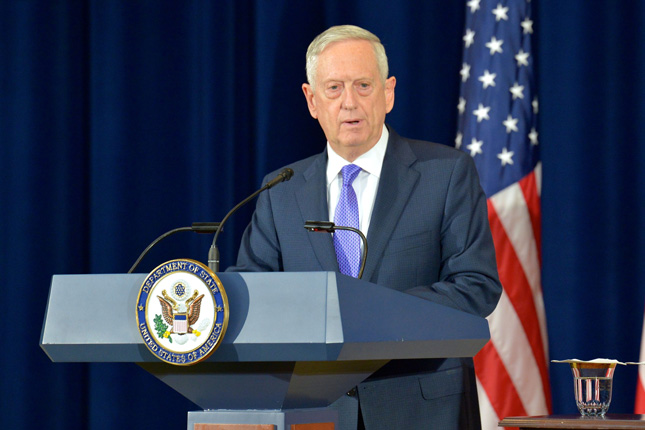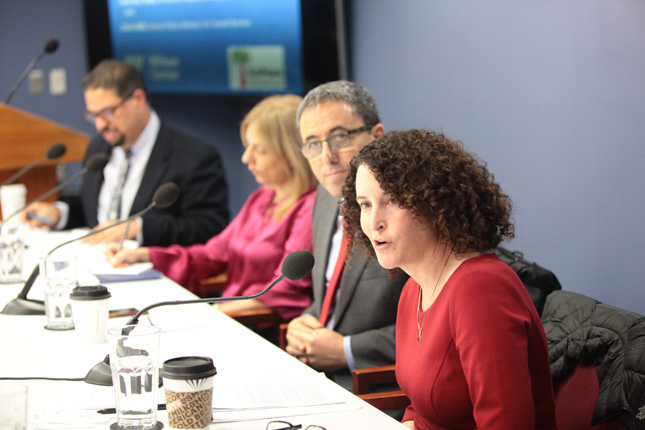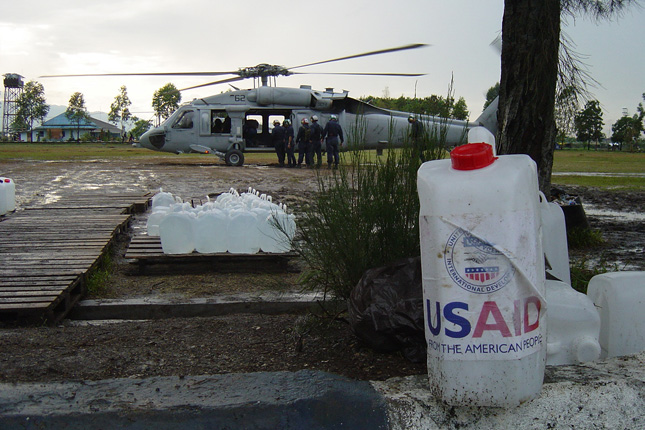-
On Streetlights and Stereotypes: Selection Bias in the Climate-Conflict Literature
›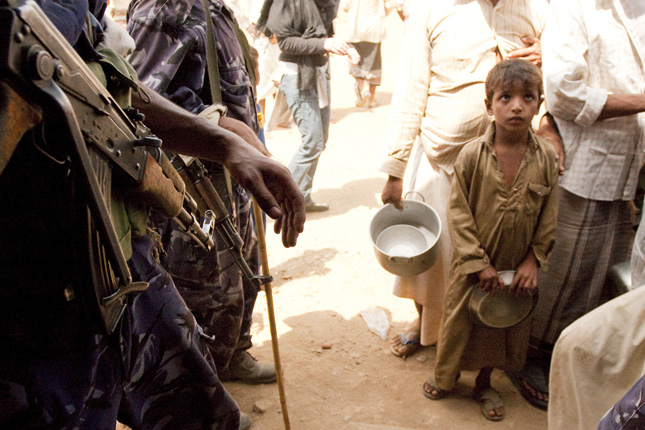
Scholarly attention to the links between climate change and conflict has increased. But which places are analyzed most frequently by researchers, and what are the implications of their choices?
-
Women and War: Securing a More Peaceful Future
›
“Conflicts are 35 percent more likely to be resolved and remain peaceful for 15 years if women are involved,” said Carla Koppell, vice president of the Center for Applied Conflict Transformation at the United States Institute of Peace, at a recent Wilson Center event on the role of women in war, security, and peace.
-
The Role of Water Stress in Instability and Conflict
›
As senior military officers, we see water stress—the lack of adequate fresh water—as a growing factor in the world’s hotspots and conflict areas, many of vital interest to the United States. Our earlier reports have identified a nexus among climate, water, energy, and U.S. national security. We have previously shown how emerging resource scarcity across this nexus can be a threat multiplier and an accelerant of instability. With escalating global population and the impact of a changing climate, we see the challenges of water stress rising with time. It is in this context that we now seek to provide a better understanding of the mechanisms through which water factors into violence and conflict.
-
A Matter of Survival: Learning to Cooperate Over Water
›
“Water security and management represent the cornerstone of global conflict prevention,” said President Danilo Türk, chair of the Global High-Level Panel on Water and Peace and former president of Slovenia, at a recent Wilson Center event on water and peace. “The only alternative to water is water, and therefore, the matter of water is a matter of survival,” said Sundeep Waslekar, president of Strategic Foresight Group.
-
Indian Military Recognizes Environment as “Critical” Security Issue, But Response Is Still Fragmented
›
For the first time, the Joint Doctrine of the Indian Armed Forces acknowledges that the “environment has emerged as a critical area of the security paradigm,” and warns that if environmental degradation and related issues increase security risks, the military will need to respond. Released in 2017, the doctrine lists a series of non-traditional security challenges linked to the environment that could influence conflict and war, including “climate change, ecosystem disruption, energy issues, population issues, food-related problems, economic issues of unsustainable modes of production, and civil strife related to environment.” While the military has taken steps to address its impacts on the environment, it can do much more to support the nation’s environmental goals and mitigate environment-related security risks.
-
Secretary of Defense Announces National Defense Strategy
›
The Trump administration’s first National Defense Strategy, which was released last Friday, outlines the U.S. Department of Defense’s national security goals in a world it describes as rife with great power competition between the United States, Russia, and China. Climate change – which some military leaders warn poses a looming threat to the effectiveness of American military power – was not mentioned, in stark contrast to the previous administration’s strategic priorities. National security and defense strategies issued by the Obama Administration highlighted the dangers climate change poses to national security, including “increased national disasters, refugee flows, and conflicts over basic resources like food and water.”
-
Ripple Effects: Sharing Water and Building Peace in the Jordan River Valley
›
In the war-torn Jordan River Valley, we can meet the “strategic objective of reducing conflict by promoting cooperation on shared waters,” said former defense official Sherri Goodman at a recent Wilson Center event on environmental peacebuilding. Even in the midst of political disputes, Jordanians, Israelis, and Palestinians must work together to manage the scarce supplies of clean water to protect their health, their economies, and their security.
-
The “Most Important Issue We Face”: New U.S. Global Strategy for Water Emphasizes Health and Security
›
“Water may be the most important issue we face for the next generation,” writes President Donald J. Trump on the first page of the first-ever U.S. Global Water Strategy. Prepared by the U.S. State Department and released in mid-November, the landmark report was required by Congress’ bipartisan Senator Paul Simon Water for the World Act of 2014. During the public comments phase, the New Security Beat published recommendations from its fellows and experts. Now that it is out, we’ve asked them to share their thoughts on the final report.
Showing posts from category conflict.



